#Culture
Exploring The Legacy Of The Ummah: Why Türkiye Is The Ideal Destination For A Family Vacation
Our trip to Turkey was supposed to be fun and educational. I didn’t realize it would also teach my children important Islamic lessons.
Published
By
Fouzia Usman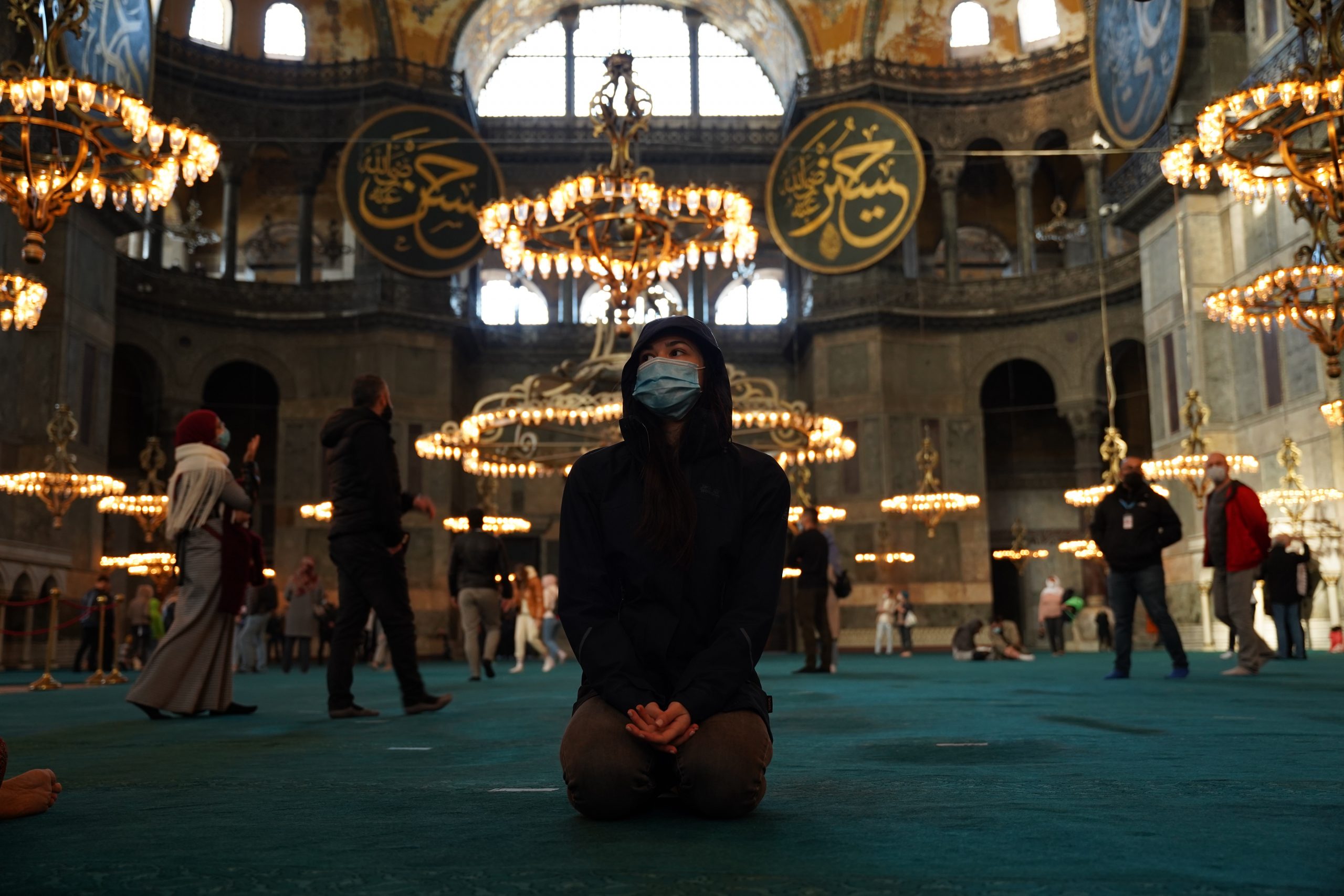
Our trip to Türkiye was supposed to be fun and educational. I didn’t realize it would also teach my children important Islamic lessons.
Bismillah
Belonging: The significance of the Ummah concept
Keep supporting MuslimMatters for the sake of Allah
Alhamdulillah, we're at over 850 supporters. Help us get to 900 supporters this month. All it takes is a small gift from a reader like you to keep us going, for just $2 / month.
The Prophet (SAW) has taught us the best of deeds are those that done consistently, even if they are small. Click here to support MuslimMatters with a monthly donation of $2 per month. Set it and collect blessings from Allah (swt) for the khayr you're supporting without thinking about it.
We picked Türkiye for our summer trip because it provided a combination of history, natural beauty, delicious cuisine, warm hospitality, and affordability. At the time, I didn’t realize that Türkiye (formerly Turkey – the name has been officially changed) would also provide an experience for my children to witness the glory days of Islam and enable them to see what the Ummah can achieve when united.
Having grown up in North America, our children, like so many others, internalized the idea that Muslims are a minority, even though they knew that the Ummah is made up of almost 2 billion Muslims worldwide. And although they had some knowledge of Muslims’ accomplishments throughout history, learning about something is different from actually experiencing it. Türkiye allowed our children to truly experience the concept of Ummah and witness the achievements of the Muslims of the past in 3D.
One of Türkiye’s many attractions is its magnificent mosques, which attract visitors from all over the world. During our trip, we visited the Seljuk Central Mosque in Konya, the Grand Mosque of Bursa, the Suleymaniye Mosque, the Blue Mosque, the Hagia Sophia, and the Great Camilica Mosque in Istanbul.
At each of these mosques, when it was time for salah, despite being foreign tourists like all the others, we made wudhu with the locals and stood in line to pray, all of us uttering the same verses, praying to the same lord. It made no difference from which country we came; there were Muslim travelers from Pakistan, Australia, the UK, and many other nations that we had no idea about. However, when we prayed, we came together as one and became one body, one Ummah, united by one faith.
Witnessing The Respect Shown by Non-Muslim Visitors in the Mosques
Behind us, non-Muslims were lined up, watching us pray. It is powerful da’wah for non-Muslims to see how Muslim visitors from all over the world who speak different languages, look different, and wear different clothes are, when the adhaan is called, united as one, standing shoulder to shoulder, praying.
My daughter was standing in the back of Haga Sophia during Jummah and she saw how the non-Muslims visitors were waiting to capture the moments of ruku’ and sujood of thousands of worshippers. It became a proud moment for my daughter, who is used to finding a quiet corner or a quiet place in the public to pray when she is at school. Here the same salah had become the highlight for non-Muslims who were waiting to capture the beautiful moments of it.
Our children also witnessed non-Muslims taking extra steps to dress modestly while attending the masjid, showing respect and admiration for Islam, a far cry from sentiments back in North America.
The experience of praying in jama’ah in a foreign country really emphasized the concept of Ummah in our children. They felt integrated, as though they belonged to something greater than themselves, something greater than our family. They no longer saw themselves as a minority; they were part of a 2 billion-strong global community.
A Difference between Spain and Türkiye
Although Spain is another European country with a fascinating Islamic heritage, there are a few important differences between Spain and Türkiye.
One of the main differences is that, in Spain, you cannot pray in the Cordoba Mosque or the Alhambra Palace in Granada, nor can you see as many masjids as there were when it was under Muslim rule.
In Türkiye, it is completely different—in a positive way. Masjids can be found practically everywhere, and the adhaan can be heard five times daily.
We were fortunate to see an extraordinary view when we visited the recently constructed Camilica Mosque, a large masjid with a newly erected structure on one of Istanbul’s highest peaks. Hearing the adhaan from hundreds of other masjids while we stood in its courtyard during maghrib only served to reinforce for our children the idea that Islam is still alive and will always be alive and thrive despite all the evil things this world throws at us.
Tolerance and Diversity: The Sumela Monastery
We have always taught our children that Islam promotes religious tolerance, respect for diversity, and a better understanding of different cultures and beliefs. When we visited Türkiye, my children were able to witness the results of this approach first-hand.
The Sumela Monastery in Trabzon perfectly demonstrates the Ottoman Era’s tolerance and acceptance of other faiths. The monastery was previously a popular destination for Christian pilgrims for a long time. All of that was seemingly at risk, though, when Sultan Mehmet II took over Trabzon in 1461. Would he demolish the monastery, or turn it into a masjid?
The Sultan chose tolerance. Despite the violence and bloodshed of the conquest, Sultan Mehmet II made an order to protect the monastery because he knew how important it was to the people in the area and their culture.
The sultans who followed Mehmet II stayed true to his order and gave the Sumela Monastery special rights and privileges. They recognized that the monastery was not just a religious site but also a symbol of the region’s rich cultural heritage. The sultans showed that they respected the different beliefs and traditions of the people by not interfering with the monastery’s spiritual work.
This act of respect and understanding by the sultans shows how powerful diversity is and how important it is to keep cultural heritage alive. The sultans who fought to keep the monastery safe will always be remembered, and their actions will continue to be an example for future generations.
The Theodosian Obelisk
Another excellent illustration of interfaith harmony is the Theodosian Obelisk (the enormous four-sided pillars). The story of the Obelisk of Theodosius takes us back about 360 years, before Constantinople, as Istanbul was previously known. Even after the Ottoman conquest of Constantinople, the Obelisk retained its importance and was used by the Ottomans to host fairs, ceremonies, and festivities. The obelisk witnessed the city’s transition from a Roman capital to a Byzantine capital; it witnessed the Fourth Crusade and the conquest of Constantinople; and it witnessed the creation of Istanbul under Ottoman rule, as well as the city’s modernization as the cultural capital of Türkiye.
The Obelisk’s location brought to mind New York City’s Times Square, which is the city’s main tourist hub. The Blue Mosque and Hagha Sophia are both within easy walking distance of the Obelisk, making that area the main tourist destination in Istanbul.
In learning the story of the Obelisk, our children saw firsthand how the Islamic system supported religious tolerance for many centuries.
Experiencing Islamic Excellence
If you or your children studied in non-Islamic schools, you have probably not had the chance to study Ottoman history from an Islamic perspective.
Visiting Türkiye allowed our children to witness the achievements of the Ottomans firsthand. While visiting their monuments, mosques, and museums, our children were able to connect the dots between Islamic faith, Islamic practice and a dedication to excellence in all areas, including education, engineering, hygiene and architecture.
The Ottoman era and Islam are at the root of modern historical events that have played a pivotal role in shaping today’s world. The Ottomans invented things the world had never witnessed before, carrying out cutting-edge research and producing innovations that are still used today, such as their geographic literature, military weapons, mechanical technology and medical inventions, to name a few.
The Ottomans had a strong sense of identity and purpose in addition to their knowledge, which contributed to the Ummah’s expansion and transformation into the world’s mot powerful political entity. They combined secular and religious knowledge and contributed to both fields, utilizing them to benefit the Ummah and the world at large.
These are precisely the kinds of values that our Ummah needs to grow. Although there are more Muslims, mosques, and successful Muslim organizations today, this expansion is largely confined to individual silos. We are falling behind in terms of the Ummah’s overall growth. We lack a shared vision for our Ummah’s improvement that EVERYONE can work toward. This makes it even more essential to celebrate our roots and never forget our values as Muslims.
Planting the Seeds of Inspiration
During our trip to Türkiye, my children were fascinated by the magnificent mosques and palaces and awed by the artwork and craftsmanship that went into each monument. We took every opportunity to explore Türkiye’s excellent museum displays so that they could understand how these achievements came about. My children came to realize how the people living during the Ottoman era achieved so much: by connecting the dots between excellence in deen and excellence in the dunyah.
All our children should be told these stories of greatness and shown these examples of excellence so that we may inspire them and shape their minds.
Our children will be able to envision what the Ummah can accomplish if we develop a literate Ummah, dedicated to the deen and to excellence in all fields. By showing our children inspiring examples of what the Ummah can do, we plant the seeds that will make them want to bring this lost glory back to our Ummah and work towards another golden age of Islam.
By learning about the history of Türkiye and the Muslim Ummah, our children can gain a new perspective on what is possible. They will see how the past can be a model for the future and will be inspired to carry the legacy of the Islamic golden age forward into the future.
Helping Türkiye’s Tourism
Last but not least, here’s one more reason to visit Türkiye.
When the earthquake struck, many of us raised and donated funds. But the earthquake victims have a long way to go before they can get back to their normal lives.
CNN quoted Mustafa Açıkel, owner of Gallery Mustafa, as saying, “Economically speaking, tourism is one of Türkiye’s biggest sources of income and so we need tourists to visit each year. We have a lot of workers who make a living from tourism, in every region in Türkiye.” (CNN sourc link below).
By traveling to Türkiye, you not only receive an unforgettable experience, but you also support their tourism industry.
So, if you’re looking for a family-friendly getaway that strengthens your children’s Islamic identity and inspires them as part of the Muslim Ummah, consider Türkiye for your next destination. You won’t be disappointed!
I will be posting a video series called “Why Muslim Parents Should Visit Türkiye” on my Instagram page. If you are interested further, please don’t forget to check out www.instagram.com/ummahstars
Note:
You can still make a small donation directly to the earthquake victims from the following links:
OXFAM – https://give.oxfamamerica.org/page/48796/donate/1 (donations in Euros, USD & GBP)
AHBAP – https://ahbap.org/
——————————End————————-
Related Posts
MuslimKidsMatter | A Child’s Thoughts on the Earthquake in Turkey
Keep supporting MuslimMatters for the sake of Allah
Alhamdulillah, we're at over 850 supporters. Help us get to 900 supporters this month. All it takes is a small gift from a reader like you to keep us going, for just $2 / month.
The Prophet (SAW) has taught us the best of deeds are those that done consistently, even if they are small. Click here to support MuslimMatters with a monthly donation of $2 per month. Set it and collect blessings from Allah (swt) for the khayr you're supporting without thinking about it.
Fouzia Usman is a mother of 3 children, a wife, a Software Engineer by profession, and an entrepreneur by passion. Fouzia's background comes from the fusion of being a mom, a dawah enthusiast, a student of knowledge, and a software engineer molded for more than two decades in corporate environments and personal development spaces. The blend of these experiences and learning gave her a unique perspective and ability to see troubling issues among Muslim children growing up in the West which enabled her to launch Ummah Stars – a tool for both parents and children. Fouzia is a certified Positive Discipline Parent Educator.


When It’s Hard to Forgive: What Parents Need to Know About Islamic Forgiveness | Night 13 with the Qur’an

I’m So Lonely! The Crisis Muslim Parents Are Missing | Night 12 with the Qur’an

When Love Hurts: What You Need to Know About Toxic Relationships | Night 11 with the Qur’an

I Can’t Stop Thinking About Someone | Night 10 with the Qur’an

Fifteen Years in the Shadows: The Strategic Brilliance of the Hijrah to Abyssinia

30 Nights with the Qur’an: A Ramadan Series for Muslim Teens

[Podcast] Guardians of the Tradition: Muslim Women & Islamic Education | Anse Tamara Gray

Who Am I Really? What Surat Al-‘Asr Teaches Muslim Teens About Identity | Night 1 with the Qur’an

Where Does Your Dollar Go? – How We Can Avoid Another Beydoun Controversy

An Unending Grief: Uyghurs And Ramadan Under Chinese Occupation

I Can’t Stop Thinking About Someone | Night 10 with the Qur’an

When to Walk Away from Toxic Friends | Night 9 with the Qur’an

What Islam Actually Says About NonMuslim Friends | Night 8 with the Qur’an

Week 1 in Review: Is Your Teen Actually Changing? | Night 7 with the Qur’an

Why Your Teen Wants to Change Their Muslim Name | Night 6 with the Qur’an
Trending
-
#Islam2 weeks ago
30 Nights with the Qur’an: A Ramadan Series for Muslim Teens
-
#Life1 month ago
[Podcast] The Parts of Being an Imam They Don’t Warn You About | Sh Mohammad Elshinawy
-
#Islam1 month ago
How to Make this Ramadan Epic | Shaykh Muhammad Alshareef
-
#Islam4 weeks ago
[Podcast] Guardians of the Tradition: Muslim Women & Islamic Education | Anse Tamara Gray
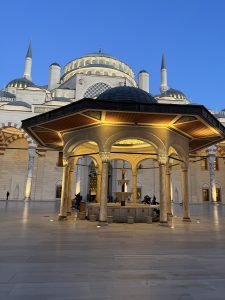
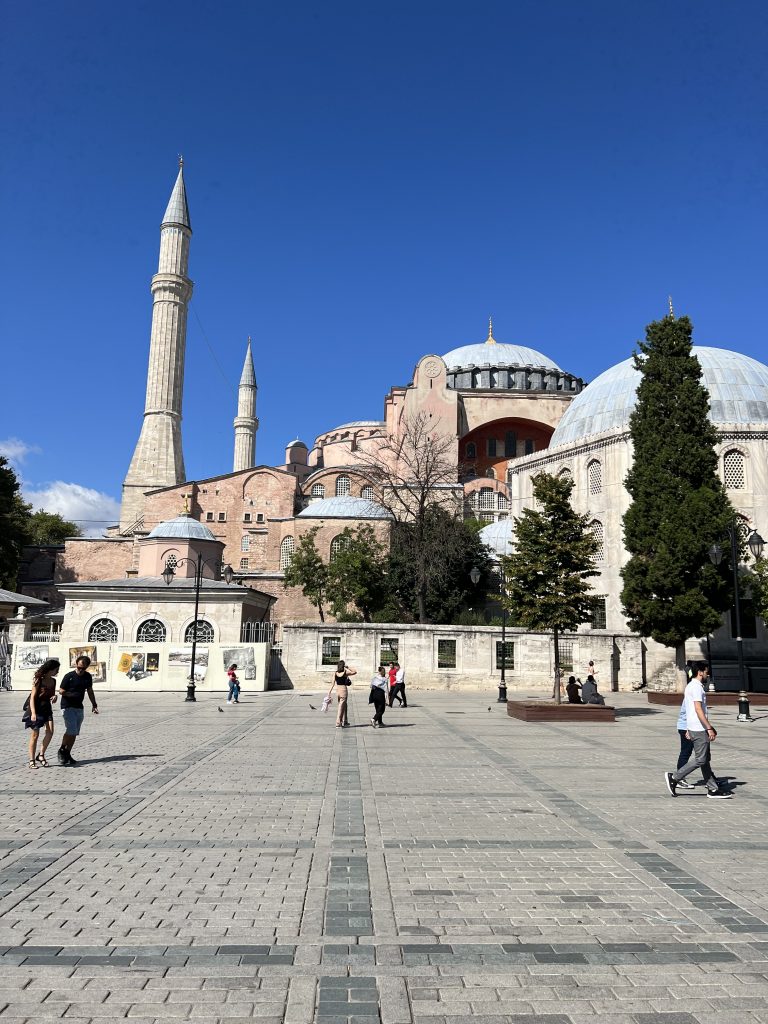
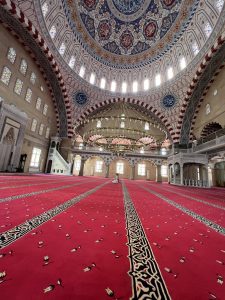

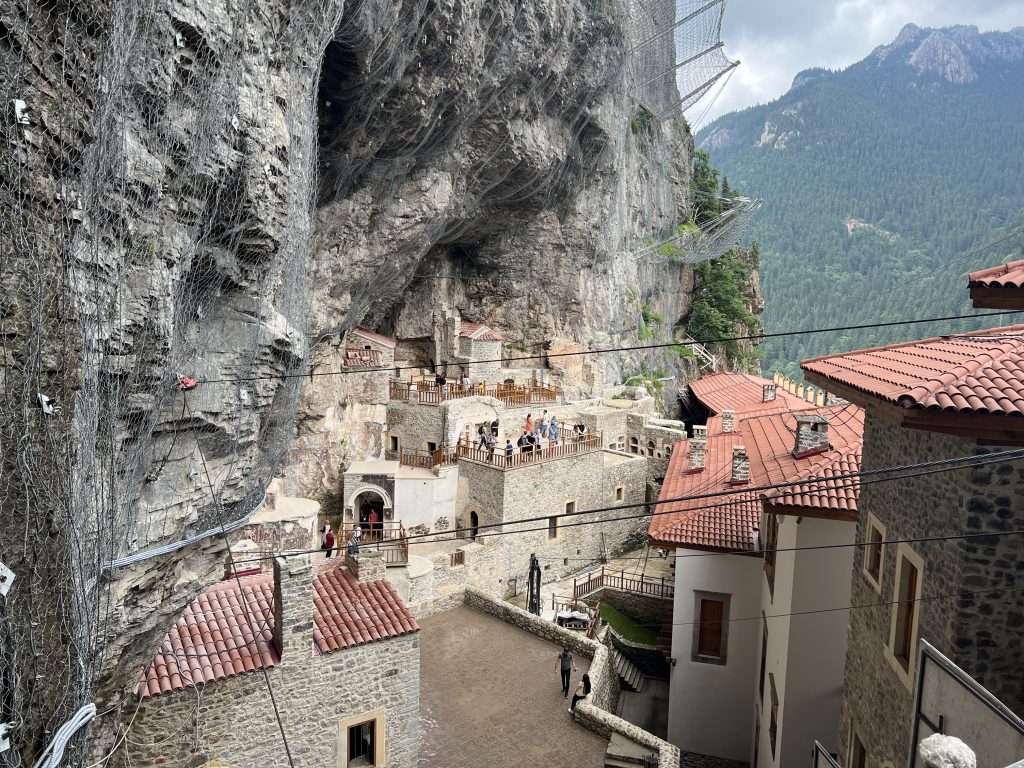
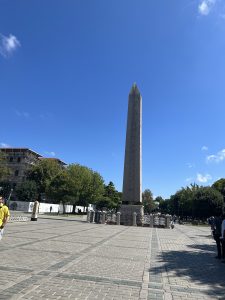
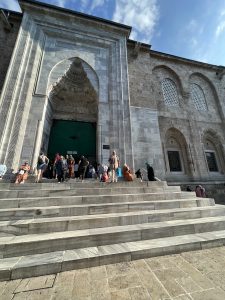
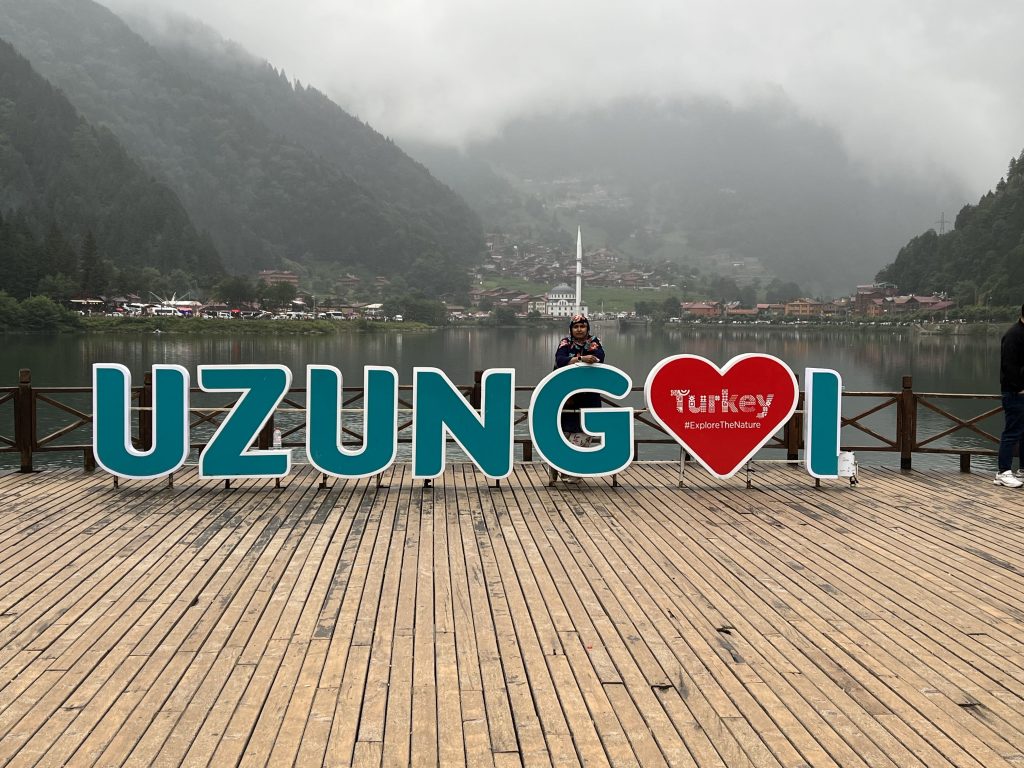











Aksam Zarook
May 14, 2023 at 3:04 AM
Mashallah thanks for sharing your travel experience. Inshallah must take my family to visit Turkiye one day.